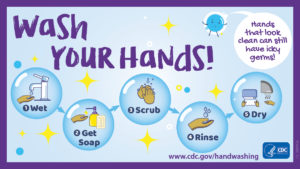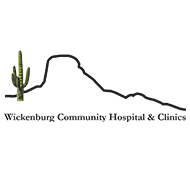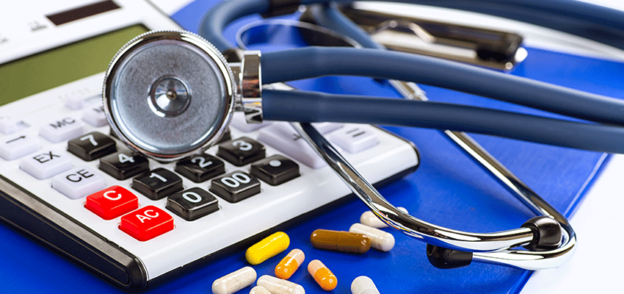It is always important to follow practices that prevent the spread of germs. Standard precautions include staying home when feeling ill, covering a cough or sneeze, and proper handwashing, which includes these five steps:
If your hands are not visibly dirty or if soap and water are not available, use an alcohol-based hand sanitizer with at least 60% alcohol using these three steps:
 1. Wet your hands with clean, running water (warm or cold), turn off the tap, and apply soap.
1. Wet your hands with clean, running water (warm or cold), turn off the tap, and apply soap.
2. Lather your hands by rubbing them together with the soap. Lather the backs of your hands, between your fingers, and under your nails.
3. Scrub your hands for at least 20 seconds. Need a timer? Hum the “Happy Birthday” song from beginning to end twice.
4. Rinse your hands well under clean, running water.
5. Dry your hands using a clean towel. Turn the tap off with a towel.
If your hands are not visibly dirty or if soap and water are not available, use an alcohol-based hand sanitizer with at least 60% alcohol using these three steps:
6. Apply the gel product to the palm of one hand (read the label to learn the correct amount).
7. Rub your hands together.
8. Rub the gel over all the surfaces of your hands, including between your fingers, until your hands are dry. This should take around 20 seconds.
Best Practices
During viral respiratory illness outbreaks, the importance of infection prevention is heightened. There are added precautions, such as the use of personal protective equipment and limiting contact with those outside of your household, especially if you are in a high-risk group even when no symptoms are apparent. When out in public, it is important to maintain at least six feet of distance from others and wear a mask or cloth face covering to help keep your germs from spreading to others or contracting germs from those around you.
Current Respiratory Outbreaks include COVID-19 and the Flu. If one does become ill, it is important to know when to seek medical attention. Adults over 65 and individuals who have chronic medical conditions, like heart, lung disease and diabetes, are at higher risk for more serious COVID-19 illness. If you have worsening symptoms, especially difficulty breathing, call your healthcare provider, or seek medical attention. Calling ahead helps prepare for your arrival so that steps can be taken to reduce symptom exposure to healthcare workers and other patients.
In adults, emergency warning signs include: *
• Difficulty breathing or shortness of breath
• Persistent pain or pressure in the chest
• New confusion or inability to arouse
• Bluish lips or face
* This list is not all-inclusive. Please consult your medical provider for any other symptoms that are severe or concerning.
Because of the COVID-19 pandemic, reducing the spread of respiratory illnesses like flu is more important than ever. Vaccination against both flu and coronavirus is essential to meet public health needs, prevent further disease spread and protect vulnerable populations like the elderly, the immunocompromised and people not yet old enough to receive the COVID-19 vaccine.




